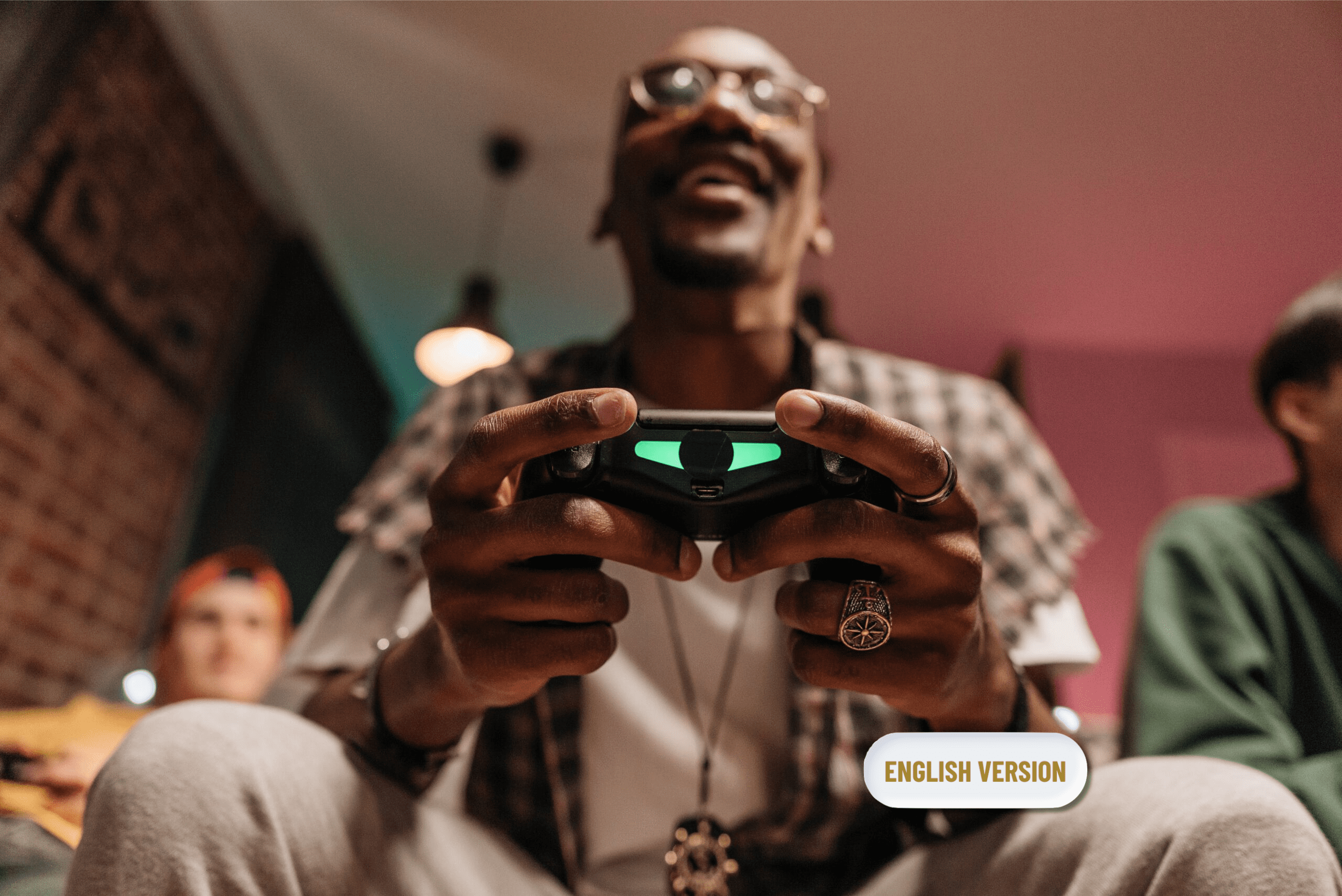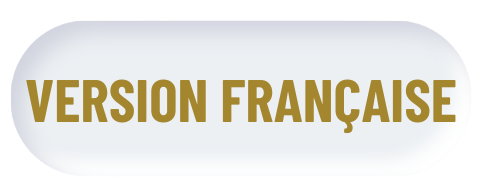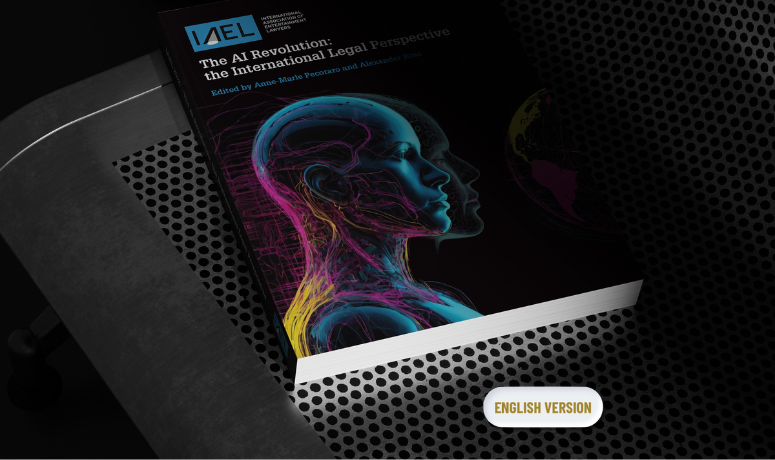A photo, a legal blur. This second edition of ‘Zone grise’ focuses on the obligation to provide an accounting statement, which is returned to video game authors.
White zone, what the law says.
It is a question of accountability. An author can assign the rights to exploit his or her work to a third party called an assignee. Since June 2022, the assignee had to report to the author, using clear and explicit information, any income derived from the exploitation of the work, for which the assignment has been or will be made (article L131-5-1 of the French Intellectual Property Code).
Shadow zone, what’s hidden.
Video games are a recent art form, and a collective one at heart, since they combine technical devices and artistic creations. From the music to the script, not to mention the animation, the software, the sets and the characters, several authors are involved in the various stages of a game’s development. And not all of them are subject to the same regime, making the equation even more complex. Who will they be accountable to?
Grey area, navigation aid.
The judicial judge refuses to classify video games as unitary works. He prefers a so-called distributive qualification: each area of intervention has its own specific regime. For the software part, there is no accounting obligation. Outside this framework, either the collective work regime applies when the authors work individually, or the collaborative work regime applies when the authors work together with a common vision. In the latter case, accountability applies, but it remains to be determined who is – or is not – an author. Dexterity is required to avoid subsequent claims to artistic rights, which could turn a good-natured game into a fistfight…






